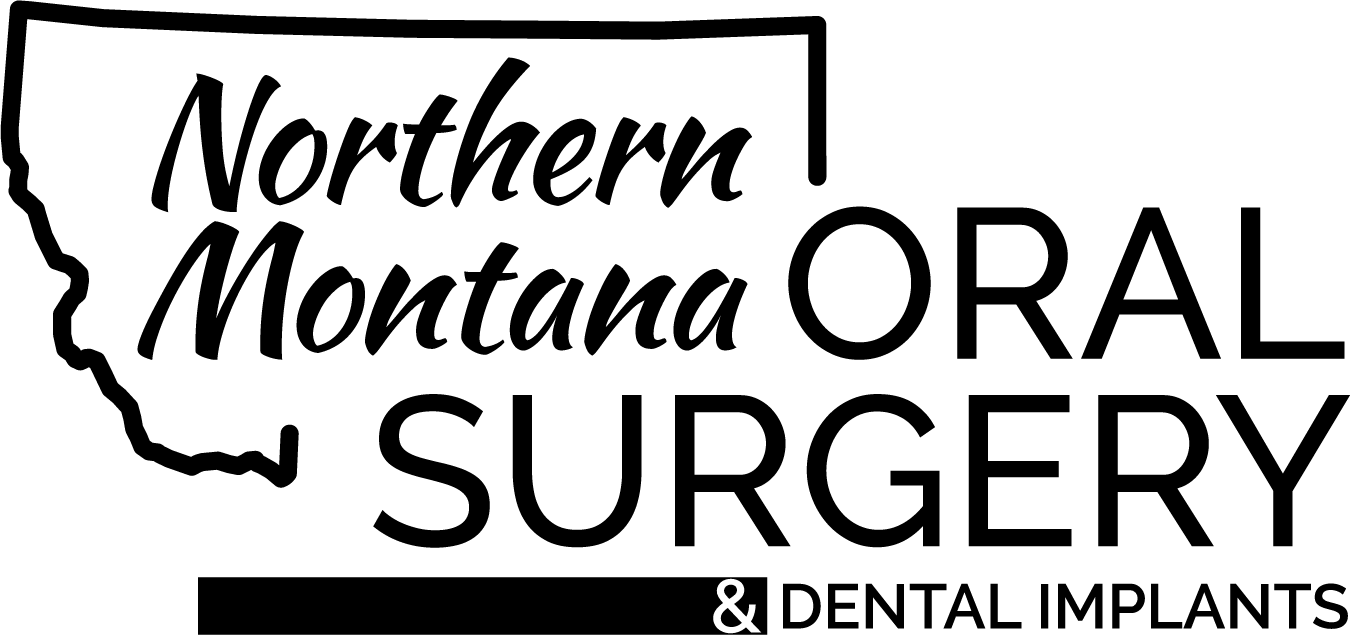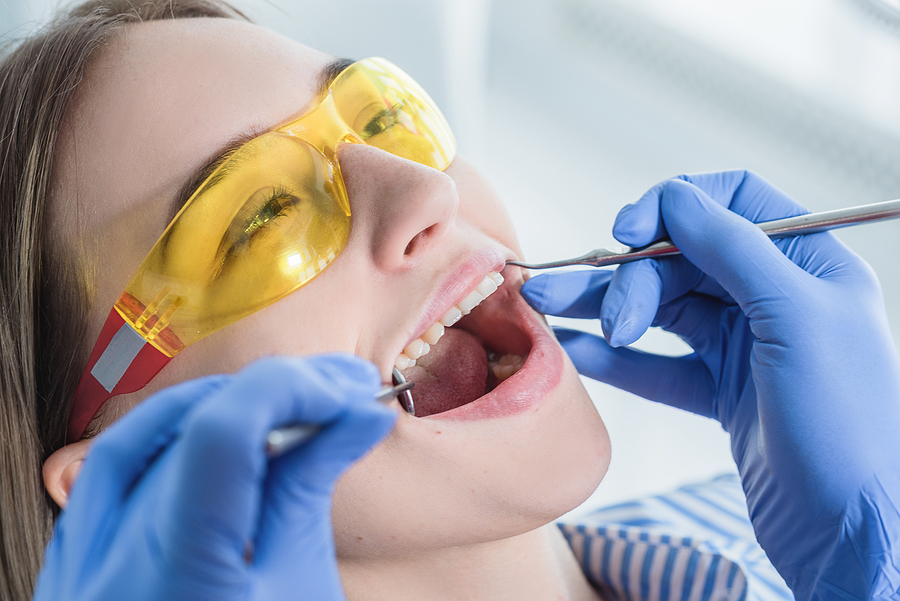Corrective Jaw Surgery

Dental Implants

Wisdom Teeth

Extractions

Anesthesia

Pediatric Oral Surgery

Corrective Jaw Surgery

Dental Urgent Care

Oral Pathology

Facial Trauma

TMJ Disorders

Bone Grafting

Sleep Apnea
Corrective Jaw Surgery
Corrective jaw surgery, or orthognathic surgery, is performed on patients whose jaws aren’t aligned properly. This can cause a range of side effects, such as difficulty chewing and speaking, snoring, and more. Orthodontic treatments are also often necessary after jaw surgery is completed to help correct the teeth’s alignment as well.
What Causes Abnormalities in the Jaw and Face?
An abnormal bite, known as a malocclusion, can be caused by a number of factors—including genetics, thumb-sucking habits, pacifier use, accidents, and tooth loss. When the shape of the jaw or teeth is not properly aligned, it can impact the function of the mouth and make eating and speaking difficult or even painful. Orthodontic treatment can correct these issues and prevent other complications in the future.
How is Corrective Jaw Surgery Performed?
The bones of the jaw are first repositioned into their correct alignment, which is determined through diagnostic records such as X-rays and CT scans. Then, the surgeon will affix metal plates to the bone to hold them in place while they heal. Over time, new bone tissue grows over the metal pieces, securing them into place permanently.
In most cases, this surgical procedure is performed in a dental office setting under general anesthesia. During this time, it’s usually advisable to eat soft foods or liquids as they are easier to chew while the mouth is in recovery.
What Are the Advantages of Corrective Jaw Surgery?
There are a few advantages to undergoing corrective jaw surgery to correct an over or underbite, including:
- Improved appearance
- Better ability to chew and speak
- Increased confidence
- Fewer headaches
- Less tooth wear and enamel erosion
- Fewer cavities
- Reduced or eliminated sleep apnea
- Many procedures can be completed with sedation dentistry
- Faster recovery times compared to traditional braces
Keep in mind that not everyone is a good candidate for corrective jaw surgery. Those with severe cases of underbite or overbite may not see improvement from this type of procedure. In these cases, other surgical options are available to address more severe bite issues. Our dentist can best help determine the right treatment option you may need for your dental condition.
To find out more about the dental services we offer at our dental practice, Call this number (406) 727-4322 or request an appointment from our website to get a consultation. You can also visit us at 2511 Bobcat Way, Great Falls, MT 59405, or 515 14th Street West, Havre, MT 59501.
Our Locations
- MON - THU7:30 am - 5:00 pm
- FRI6:30 am - 1:00 pm
- SAT - SUNClosed
- MONClosed
- TUE8:30 am - 3:30 pm
- WED - SUNClosed















